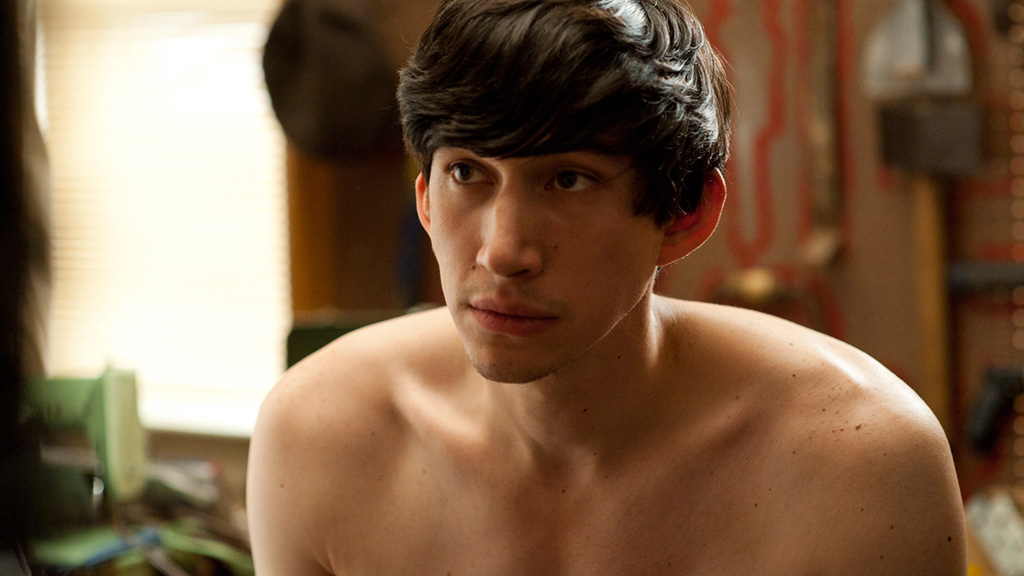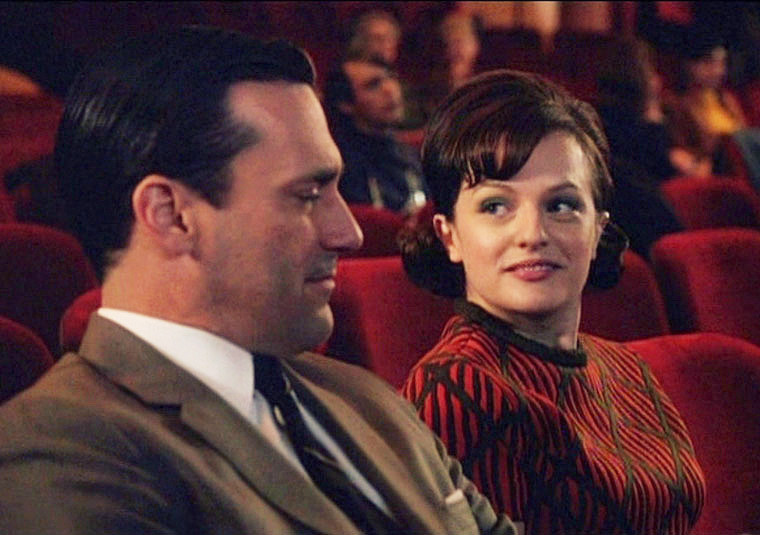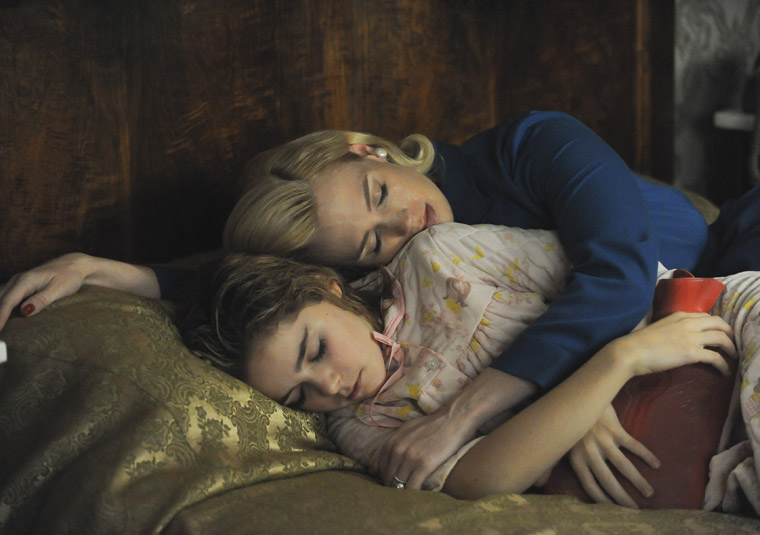
If all you had to do to get a male New Yorker to commit was ask him to be your boyfriend, NPR wouldn’t have just run a story about the ever increasing number of never-married females populating the five boroughs. Which is to say, I don’t buy Girls’ transformation of Adam from a never-returns-a-text canoe builder to the fantasy boyfriend who professes his loves and wants to cohabitate after three weeks. I dated the canoe builders when I was younger (in my case, it was a potato farmer), and they didn’t magically become commitment enthusiasts after spending a few weeks having sex and listening to my gender studies theories. They transformed into ex-boyfriends.
Adam Driver demonstrates great comedic timing and a unique ability to use his body to delineate character, and I’m glad Dunham is giving him material beyond amateur porn monologues. But where did the douchey, shirtless Adam go? When did he grow a vagina? Why so much plaid? Even though I appreciate the climactic Bushwick scene in which Adam slams Hannah for her self-absorption (after she slams her own nose into the pavement), I don’t believe the show earns their final brawl. Hannah obviously needs to end the season pushing away a man so Dunham can highlight Hannah’s inability to view individuals as more than creative fodder, but she elides the arc of the Hannah/Adam relationship to arrive at this conclusion. So I don’t buy it. I don’t buy it any more than I buy the surprise wedding between Jessa and that guy from Bridesmaids. Continue reading “The Taming of the Douche”








